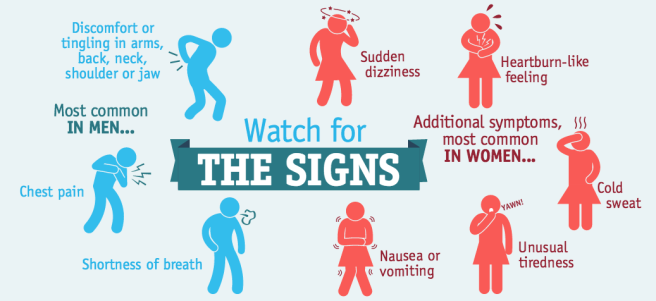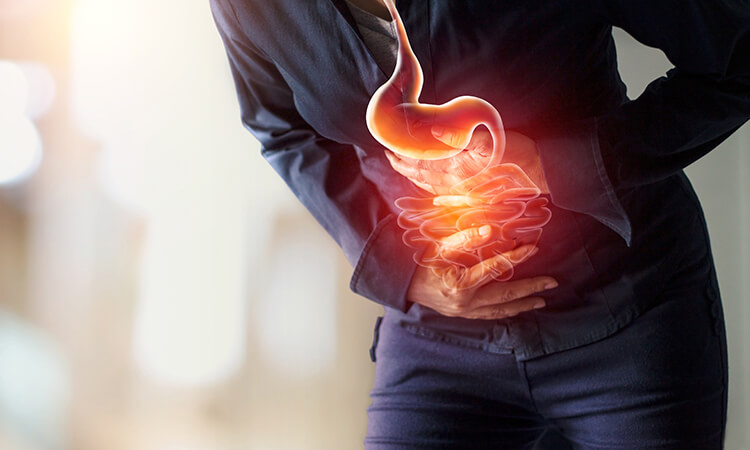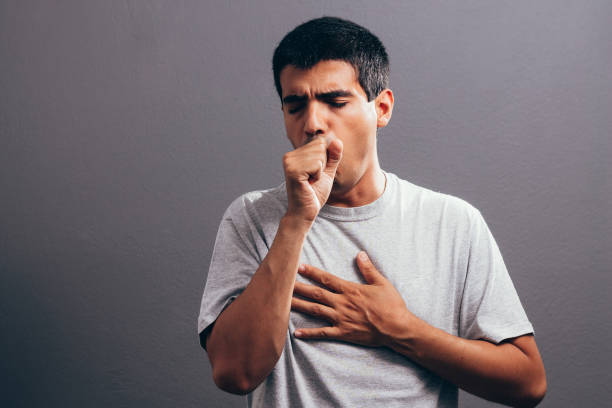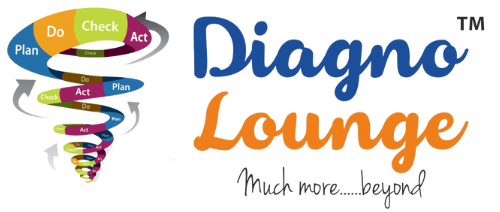If something went wrong with your heart, would you know it?
Not all heart problems come with clear warning signs. There is not always an alarming chest clutch followed by a fall to the floor like you see in movies. Some heart symptoms don’t even happen in your chest, and it’s not always easy to tell what’s going on.
“If you’re not sure, get it checked out,”
That’s especially true if you are 60 or older, are overweight, or have diabetes, high cholesterol, or high blood pressure, “The more risk factors you have,”the more you should be concerned about anything that might be heart-related.”
Especially watch out for these problems:

- Chest Discomfort
It’s the most common sign of heart danger. If you have a blocked artery or are having a heart attack, you may feel pain, tightness, or pressure in your chest.
“Everyone has a different word for that feeling,”
“Some people say it’s like an elephant is sitting on them. Other people say it’s like a pinching or burning.”
The feeling usually lasts longer than a few minutes. It may happen when you’re at rest or when you’re doing something physical.
If it’s just a very brief pain — or if it’s a spot that hurts more when you touch or push on it — it’s probably not your heart,
You should still get it checked out by a doctor. If the symptoms are more severe and don’t go away after a few minutes, CALL for help
Also, keep in mind you can have heart problems — even a heart attack — without chest pain. That’s particularly common among women.

- Nausea, Indigestion, Heartburn, or Stomach Pain
Some people have these symptoms during a heart attack. They may even vomit
Women are more likely to report this type of symptom than men are.
Of course, you can have an upset stomach for many reasons that have nothing to do with your heart. It could just be something you ate, after all. But you need to be aware that it can also happen during a heart attack.
So if you feel this way and you’re at risk for heart problems, let a doctor find out what’s going on, especially if you also have any of the other symptoms on this list.
- Pain that Spreads to the Arm
Another classic heart attack symptom is pain that radiates down the left side of the body.
“It almost always starts from the chest and moves outward,”
. “But some patients also had arm pain that turned out to be heart attack.”
- You Feel Dizzy or Lightheaded
A lot of things can make you lose your balance or feel faint for a moment. Maybe you didn’t have enough to eat or drink, or you stood up too fast.
But if you suddenly feel unsteady and you also have chest discomfort or shortness of breath, get medical help right away.
“It could mean your blood pressure has dropped because your heart isn’t able to pump the way it should.

- Throat or Jaw Pain
By itself, throat or jaw pain probably isn’t heart related. More likely, it’s caused by a muscular issue, a cold, or a sinus problem.
But if you have pain or pressure in the center of your chest that spreads up into your throat or jaw, it could be a sign of a heart attack. seek medical attention to make sure everything is all right.
- You Get Exhausted Easily
If you suddenly feel fatigued or winded after doing something you had no problem doing in the past — like climbing the stairs or carrying groceries from the car — make an appointment with your doctor right away.
“These types of significant changes are more important to us than every little ache and pain you might be feeling,”
Extreme exhaustion or unexplained weakness, sometimes for days at a time, can be a symptom of heart disease, especially for women.
- Snoring
It’s normal to snore a little while you snooze. But unusually loud snoring that sounds like a gasping or choking can be a sign of sleep apnea. That’s when you stop breathing for brief moments several times at night while you are still sleeping. This puts extra stress on your heart.
Your doctor can check whether you need a sleep study to see if you have this condition. If you do, you may need a CPAP machine to smooth out your breathing while you sleep.
- Sweating
Breaking out in a cold sweat for no obvious reason could signal a heart attack. If this happens along with any of these other symptoms, get to a hospital right away. Don’t try to drive yourself.

- A Cough That Won’t Quit
In most cases, this isn’t a sign of heart trouble. But if you have heart disease or know you’re at risk, pay special attention to the possibility.
If you have a long-lasting cough that produces a white or pink mucus, it could be a sign of heart failure. This happens when the heart can’t keep up with the body’s demands, causing blood to leak back into the lungs.
Ask your doctor to check on what’s causing your cough.
- Your Legs, Feet, and Ankles Are Swollen
This could be a sign that your heart doesn’t pump blood as effectively as it should.
When the heart can’t pump fast enough, blood backs up in the veins and causes bloating.
Heart failure can also make it harder for the kidneys to remove extra water and sodium from the body, which can lead to bloating.
- Irregular Heart Beat
It can be normal for your heart to race when you are nervous or excited or to skip or add a beat once in a while.
But if you have started feeling palpitations, check in with your doctor. If you have palpitations or an irregular heartbeat that persists or if you also have any chest pain or pressure, dizziness, or shortness of breath.
“In most cases, it’s caused by something that’s easy to fix, like too much caffeine or not enough sleep. But occasionally, it could signal a condition called atrial fibrillation that needs treatment. So ask your doctor to check it out.


